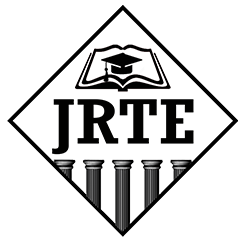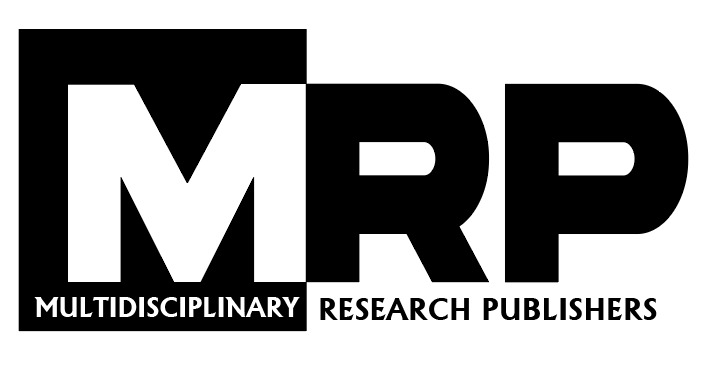Downloads
Aspartic acid proteases participate in many physiological processes and their activities are associated with the spreading of diseases such as Alzheimer’s disease, hypertension, cancers, and inflammatory, cardiovascular, viral, and other parasitic diseases. Aspartic proteases have become a widely spoken topic due to human immunodeficiency virus protease and malaria parasite protease that are targeted as key therapeutic intervention points in treating AIDS and malaria, respectively. But, relatively few studies have been reported on natural aspartic inhibitors. Therefore inhibition of proteases is one of the most
promising approaches as therapeutic drugs for such conditions. In this case, plants have become a good source of proteinaceous and non-proteinaceous inhibitors. The present study is aimed at the identification, characterization, and partial purification of potent aspartic protease inhibitor/s from several medicinal plants in Sri Lanka.
Written by JRTE
ISSN
2714-1837
| M | T | W | T | F | S | S |
|---|---|---|---|---|---|---|
| 1 | 2 | 3 | 4 | 5 | 6 | 7 |
| 8 | 9 | 10 | 11 | 12 | 13 | 14 |
| 15 | 16 | 17 | 18 | 19 | 20 | 21 |
| 22 | 23 | 24 | 25 | 26 | 27 | 28 |
| 29 | 30 | 31 | ||||
Our Visitors






 Users Today : 3
Users Today : 3 Total Users : 28931
Total Users : 28931 Views Today : 3
Views Today : 3 Total views : 81944
Total views : 81944 Who's Online : 0
Who's Online : 0 Your IP Address : 18.188.93.255
Your IP Address : 18.188.93.255

